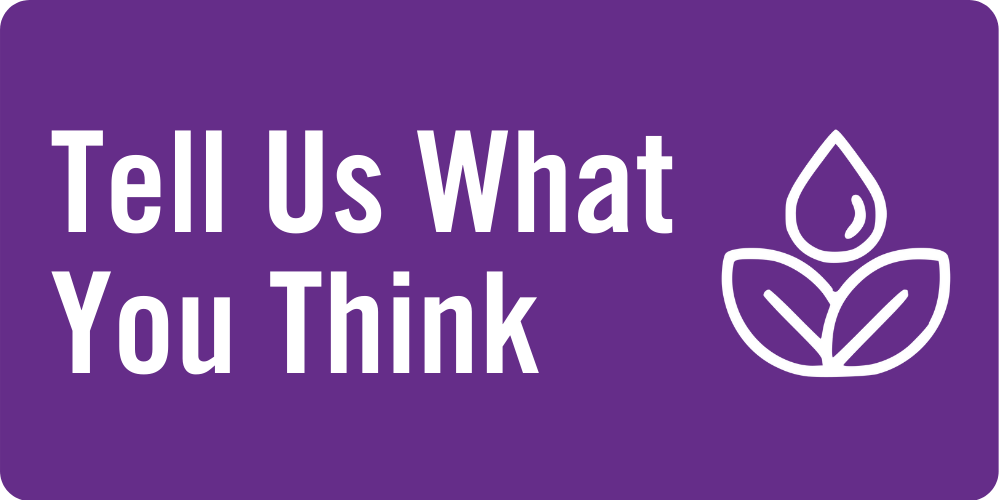Sleep
Sleep is critical for learning and memory. The process of learning is actively taken up by your brain during sleep, especially during the REM stage. Sleep is essential for long-term memory formation and it is during sleep that memory consolidation and enhancement occurs.
| The Importance of Sleep |
| The Consequences of Poor Sleep |
Chronic Sleep Deprivation Can Increase Your Risk Of:
|
How Much Sleep Is Enough? |
Most adults need somewhere between 7-9 hours of sleep per night. If you feel refreshed in the morning and awake during the day, you are probably getting enough sleep. To find out how much sleep you need, let yourself wake up without an alarm for three days in a row and average the hours. Your body cannot adapt to a lack of sleep, it will not “get used” to functioning with less sleep than you require. |
How To Sleep Well |
Other tips to help to fall asleep Practice a relaxing bedtime ritual. A relaxing, routine activity right before bedtime conducted away from bright lights helps separate your sleep time from activities that can cause excitement, stress or anxiety which can make it more difficult to fall asleep, get sound and deep sleep or remain asleep. If you have trouble sleeping, avoid naps, especially in the afternoon. Power napping may help you get through the day, but if you find that you can't fall asleep at bedtime, eliminating even short catnaps may help. Exercise daily. Vigorous exercise is best, but even light exercise is better than no activity. Exercise at any time of day, but not at the expense of your sleep. Avoid alcohol, cigarettes, and heavy meals in the evening. Alcohol, cigarettes and caffeine can disrupt sleep. Eating big or spicy meals can cause discomfort from indigestion that can make it hard to sleep. If you can, avoid eating large meals for two to three hours before bedtime. Try a light snack 45 minutes before bed if you’re still hungry. If you’re still having trouble sleeping, don’t hesitate to speak with your doctor or to find a sleep professional. You may also benefit from recording your sleep in a Sleep Diary to help you better evaluate common patterns or issues you may see with your sleep or sleeping habits. |
The Science of Naps |
While naps do not necessarily make up for inadequate or poor quality nighttime sleep, a short nap of 20-30 minutes can help to improve mood, alertness and performance. Pros:
Cons:
|
Reset Sleep |
Reset Sleep is a self-paced course designed to help Lakehead students, staff, and faculty build healthier sleep habits and achieve more restful nights. Through self-paced modules, you'll learn about the science of sleep, how your routines and environment affect rest, and practical strategies to improve sleep quality. This program is adapted from Stanford University's Refresh Sleep course and has been tailored to meet the needs of our university community. To sign up:
|
Resources |
Apps |



